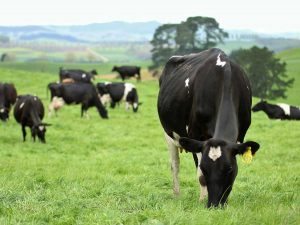An analysis by two Christchurch economists has underlined the value of the farming sector to the country during the Level 4 COVID-19 lockdown.
David Dyason and Peter Fieger have produced an analysis of who is likely still to be working and who may not be, based on the Government’s definition of essential business (although the definition is changing as exemptions develop).
They say based on 2019 figures, approximately 123,800 people in Canterbury are employed in essential services, which represents 40.6% of all employment within the region. This is almost identical to the national economy at 40.4%.
However, a detailed look at the territorial authorities within Canterbury shows wide differences across the region.
“The most revealing result is that in both Waimate and Hurunui districts, the number of people employed in essential services is at 73% and 68% respectively,” says their report.
“Both these districts have strong food production and processing activities. In theory, the implication is that both these areas will experience relatively less disruption to employment compared with other regions where this share is lower.”
The Waimate and Hurunui figures compare with 35.5% for Christchurch city, while all the other territorial authorities lie between 42% and 56.7%.
Dyason and Fieger work for ChristchurchNZ, the city’s economic development and promotions agency.
In terms of value to the economy, essential services represent about 31% of the Canterbury economy (on 2017 values).
“Food production and processing services are of particular importance, with a share of 24% of essential services employment in Canterbury and as a large exporter of goods amounting to $6.7 billion or 66% of all exports in 2019 for the region.
“Continuation of these activities would ensure that trading of our most important commodities continues to take place.”











